Understanding the Concept of Holding Companies in Malaysia
Definition and Structure
A holding company is a special type of business that owns shares in other companies. It doesn’t usually sell products or services itself. Instead, it controls other companies, known as subsidiaries. For example, a holding company might own several restaurants, but it doesn’t operate them directly.
Key Characteristics
- Ownership Control: A holding company must own enough shares to control its subsidiaries. This is often at least 51% of the shares.
- Limited Liability: It protects the parent company from the debts and liabilities of its subsidiaries.
- Financial Efficiency: Holding companies can consolidate their financial statements, making it easier to manage finances across different businesses.
Importance in Strategic Investments
Holding companies play a crucial role in strategic investments. They allow investors to manage risks by separating different business activities. If one subsidiary faces problems, it won’t affect the others. This structure also provides tax benefits and can enhance fundraising efforts.
Holding companies are the backbone of a group’s structure, providing support and flexibility.
In summary, understanding holding companies is essential for anyone looking to invest strategically in Malaysia. They offer a way to manage risks, optimize finances, and control multiple businesses effectively.
| Feature | Description |
|---|---|
| Ownership Control | Must own at least 51% of shares |
| Limited Liability | Protects parent from subsidiary debts |
| Financial Efficiency | Consolidates financial statements |
Legal Framework Governing Holding Companies in Malaysia
Regulatory Bodies and Compliance
In Malaysia, the primary regulatory body overseeing holding companies is the Companies Commission of Malaysia (SSM). This organization ensures that companies comply with the Companies Act 2016, which simplifies the registration process. Key compliance requirements include:
- Filing annual returns
- Maintaining proper accounting records
- Adhering to corporate governance standards
Key Legal Requirements
Establishing a holding company in Malaysia involves several legal requirements:
- Incorporation: A company can be formed with just one shareholder and one director.
- Audits: Certain companies, like dormant ones, may be exempt from audits.
- Meetings: Private companies are not required to hold annual general meetings.
Recent Legislative Changes
Recent updates to the Companies Act have made it easier to operate holding companies. For instance, the introduction of a beneficial ownership reporting framework requires companies to disclose who ultimately owns or controls them. This change aims to enhance transparency and accountability in corporate governance.
The legal landscape for holding companies in Malaysia is evolving, making it crucial for businesses to stay informed about new regulations and compliance requirements.
Tax Benefits of Establishing Holding Companies in Malaysia

Corporate Tax Rates
Malaysia offers a competitive corporate tax rate, making it an attractive option for holding companies. Resident companies can benefit from a tax rate as low as 17% if they meet certain conditions, such as having paid-up capital under RM 2.5 million and an income of RM 50 million or less. For income exceeding RM 600,000, the tax rate rises to 24%. This structure allows companies to maximize their profits while minimizing tax liabilities.
Tax Incentives and Exemptions
Holding companies can take advantage of various tax incentives. For instance, the government provides special income tax incentives for investments in specific economic sectors. This can significantly reduce the overall tax burden. Here are some key incentives:
- Investment in priority sectors: Companies investing in targeted industries may receive tax holidays.
- Exemptions for certain activities: Some activities may be exempt from taxes altogether.
- Special rates for specific regions: Certain states offer lower tax rates to encourage investment.
Double Taxation Agreements
Malaysia has established double taxation agreements (DTAs) with numerous countries. These agreements prevent the same income from being taxed in both Malaysia and the investor’s home country. This is particularly beneficial for foreign investors looking to establish holding companies in Malaysia, as it enhances the overall return on investment.
Establishing a holding company in Malaysia not only provides tax benefits but also opens doors to strategic investments and growth opportunities.
In summary, the tax benefits of holding companies in Malaysia are substantial, offering a blend of low corporate tax rates, various incentives, and protective agreements that enhance financial efficiency and attract investors.
Risk Management and Asset Protection Through Holding Companies

Mitigating Business Risks
Holding companies play a crucial role in protecting assets. By separating different business operations, they help shield core assets from potential liabilities. This means if one part of the business faces trouble, the others remain safe. This structure is vital for long-term stability.
Legal Liability Shield
A holding company acts as a barrier against legal claims. If a subsidiary faces a lawsuit, the holding company can protect its other assets. This separation ensures that the financial health of the entire group is not jeopardized by one entity’s issues.
Asset Protection Strategies
To maximize protection, consider these strategies:
- Create multiple subsidiaries: This limits exposure to risks in any single business.
- Maintain clear financial records: Transparency helps in legal matters.
- Regularly review compliance: Stay updated with laws to avoid penalties.
By implementing these strategies, businesses can create a robust framework that not only protects assets but also enhances overall operational efficiency.
In summary, holding companies are essential for effective risk management and asset protection. They provide a strategic advantage that can lead to greater business resilience and success.
Financial Efficiency and Resource Optimization
Consolidation of Financial Statements
Holding companies can streamline their financial reporting by consolidating the financial statements of their subsidiaries. This means that instead of each subsidiary reporting separately, the holding company combines all the financial data into one report. This approach saves time and reduces errors. For example, a holding company with multiple subsidiaries can present a unified financial picture to investors, making it easier to assess overall performance.
Cost Savings and Economies of Scale
By centralizing operations, holding companies can achieve significant cost savings. They can negotiate better deals with suppliers due to larger purchase volumes, leading to lower costs per unit. Here are some ways they can save:
- Bulk purchasing of materials and services.
- Shared administrative functions like HR and IT.
- Reduced overhead costs through streamlined operations.
Streamlined Financial Management
Holding companies can optimize their financial management processes. They can implement standardized accounting practices across all subsidiaries, which enhances efficiency and accuracy. This also allows for better cash flow management and investment strategies.
Holding companies play a crucial role in enhancing financial efficiency, allowing businesses to focus on growth and innovation.
In summary, holding companies in Malaysia can significantly improve financial efficiency and resource optimization through consolidation, cost savings, and streamlined management practices. This not only benefits the holding company but also its subsidiaries, creating a more robust business ecosystem.
Facilitating Fundraising and Investor Attraction
Attracting Local and Foreign Investors
Holding companies in Malaysia create a welcoming environment for both local and foreign investors. This structure simplifies the investment process, making it easier for investors to engage with multiple startups under one umbrella. Here are some key points:
- Diverse Opportunities: Investors can access a variety of sectors through a single holding company.
- Reduced Risk: By investing in a holding company, investors can spread their risk across different ventures.
- Expert Management: Holding companies often have experienced management teams that attract investors looking for guidance.
Fundraising Strategies
Holding companies can implement effective fundraising strategies to attract capital. Some common methods include:
- Initial Public Offerings (IPOs): Companies can go public to raise significant funds. Malaysia’s IPO market is brimming with opportunities, offering fertile ground for companies aiming to raise capital.
- Venture Capital: Engaging with venture capitalists can provide the necessary funds for growth.
- Crowdfunding: Utilizing online platforms to gather small investments from a large number of people.
Investor Confidence and Trust
Building trust is crucial for attracting investors. Holding companies can enhance investor confidence by:
- Transparent Operations: Clear reporting and communication about financial health.
- Strong Governance: Implementing robust corporate governance practices.
- Proven Track Record: Showcasing successful past investments to attract new investors.
Holding companies serve as a bridge between startups and investors, creating a secure and efficient investment landscape.
In conclusion, the structure of holding companies in Malaysia not only facilitates fundraising but also attracts a diverse range of investors, enhancing the overall investment ecosystem.
Strategic Exit Options for Investors
Flexibility in Divestment
Investors benefit from the ability to exit specific investments without affecting the entire portfolio. This flexibility is crucial when dealing with underperforming ventures. For example, a company can sell its shares in a struggling subsidiary while maintaining its profitable operations.
Exit Strategies for Underperforming Ventures
When a venture isn’t meeting expectations, having a clear exit strategy is essential. Common strategies include:
- Selling to strategic investors: This can provide a better price and ensure the business continues to thrive.
- Initial Public Offerings (IPOs): Going public can be a lucrative exit, allowing investors to cash out while raising capital for growth.
- Trade sales: Selling to another private equity firm can also be a viable option.
Maximizing Returns on Investment
To ensure the best returns, investors should consider:
- Market Timing: Exiting during favorable market conditions can significantly enhance returns.
- Valuation Assessment: Regularly evaluating the worth of investments helps in making informed exit decisions.
- Strategic Partnerships: Collaborating with other firms can lead to better exit opportunities.
In the world of investments, having a well-thought-out exit strategy is as important as the initial investment itself. Strategic exits can turn potential losses into gains, ensuring long-term success for investors.
Operational Advantages of Holding Companies
Streamlined Administration
Holding companies simplify management by overseeing multiple subsidiaries without getting involved in daily operations. This means each subsidiary can focus on its core business while the holding company handles overall strategy. This separation allows for greater efficiency.
Centralized Control and Decision Making
A holding company can make strategic decisions for all its subsidiaries, ensuring alignment with overall goals. This centralized approach helps in maintaining a consistent corporate culture and quick decision-making. For example, a holding company can quickly allocate resources to a subsidiary in need, enhancing operational agility.
Enhanced Corporate Governance
With a holding company structure, governance can be more effective. Each subsidiary has its own management team, but the holding company sets the tone for compliance and ethical standards. This layered governance can lead to better risk management and accountability across the board.
A holding company can control assets for less money, allowing for strategic investments without needing full ownership of subsidiaries.
Key Benefits:
- Cost Efficiency: Reduced operational costs through shared services.
- Risk Mitigation: Isolating high-risk ventures in separate subsidiaries protects the overall group.
- Flexibility: Easier to adapt to market changes by restructuring subsidiaries as needed.
Conclusion
In summary, holding companies offer significant operational advantages that can lead to improved efficiency, better governance, and strategic flexibility. They are a powerful tool for businesses looking to optimize their structure and performance.
Case Studies of Successful Holding Companies in Malaysia
iPrima Group
iPrima Group is a leading example of a successful holding company in Malaysia. It focuses on nurturing innovative business models and leveraging technology. Their incubation facilities support startups, helping them grow and thrive in competitive markets.
Notable Success Stories
- Berkshire Hathaway: This multinational conglomerate is known for its diverse portfolio, which helps it withstand market fluctuations. Its strategy of retaining cash reserves acts as a safety net during downturns.
- Alphabet Inc.: The parent company of Google, Alphabet invests in high-risk projects like self-driving cars, diversifying its investments and reducing risk exposure.
- Luxottica Group: As the largest eyewear company globally, Luxottica integrates manufacturing and retail, minimizing supply chain risks and enhancing control over product quality.
Lessons Learned from Market Leaders
- Diversification is key: Successful holding companies spread their investments across various sectors to mitigate risks.
- Strategic planning matters: Careful planning and foresight are essential for navigating market challenges.
- Adaptability is crucial: Companies must be flexible to adjust to changing market conditions and regulations.
Holding companies can be powerful tools for managing risk and optimizing investments. By learning from the successes of others, businesses can position themselves for growth and stability.
Challenges and Considerations in Setting Up Holding Companies
Potential Pitfalls
Setting up a holding company can be tricky. Understanding the legal landscape is crucial. You must comply with various regulations, which can be overwhelming. Here are some common pitfalls:
- Ignoring legal requirements: Not filing necessary documents can lead to penalties.
- Overlooking shareholder rights: Failing to protect shareholder interests can cause conflicts.
- Neglecting corporate governance: A weak governance structure can lead to mismanagement.
Regulatory Hurdles
Navigating the regulatory environment is essential. You need to be aware of:
- Regulatory bodies: Know which agencies oversee holding companies.
- Compliance costs: Be prepared for ongoing fees and reporting obligations.
- Anti-competition laws: Ensure your structure doesn’t violate any laws.
Strategic Planning and Analysis
Before launching, careful planning is vital. Consider these steps:
- Define your objectives: What do you want to achieve with your holding company?
- Choose the right structure: Decide between a corporation, LLC, or partnership.
- Assess risks: Understand the risks associated with your subsidiaries.
Setting up a holding company requires a clear strategy and understanding of the legal framework. Without this, you may face significant challenges.
In summary, while holding companies offer many benefits, they also come with challenges that require careful consideration and planning. Understanding these factors can help you navigate the complexities of establishing a successful holding company in Malaysia.
Setting up a holding company can be tricky. There are many things to think about, like legal rules and how to manage different businesses. If you’re considering this path, it’s important to do your homework and understand the challenges involved. For more tips and insights, visit our website and learn how we can help you succeed!
Subscribe For Our Latest Updates
Join 10,000+ Subscribers For Free! Members-Only Content & Updates



